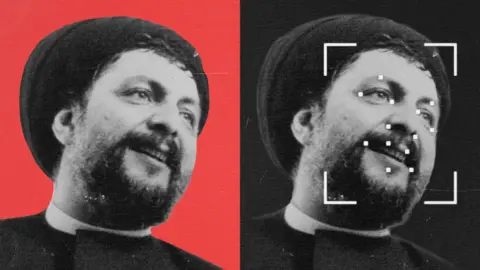In a speech delivered to thousands of members of the hard-right Alternative for Germany party in Halle, Elon Musk emphasized the importance of German culture and values, asserting that there is “too much of a focus on past guilt.” His comments are seen as an attempt to reshape the narrative surrounding Germany's historical context, particularly regarding the legacy of the Nazis, which has significantly influenced the country's political landscape.
Musk declared, "It’s good to be proud of German culture, German values, and not to lose that in some sort of multiculturalism that dilutes everything.” The billionaire made this statement just days before ceremonies commemorating the 80th anniversary of the liberation of the Auschwitz concentration camp, marking a sensitive period for reflection among Germans.
Critics quickly pointed out the insensitivity of Musk's words, especially given their timing. The journalist Mathieu von Rohr sarcastically remarked in the publication Spiegel, denouncing Musk's enthusiasm for right-wing ideology and suggesting a dangerous flirtation with nationalist sentiment.
As Germany grapples with issues of nationalism and multiculturalism, Musk's speech has amplified discussion about the current state of political discourse in Europe and the increasingly vocal presence of right-wing populist movements. These remarks may influence not only public sentiment but also the upcoming electoral landscape in Germany.
Musk’s comments signify broader themes of cultural identity, national pride, and historical awareness, sparking a complex dialogue on the values that define contemporary Germany and its political future. While he advocates for the appreciation of distinct cultures, his critics warn of the potential consequences of fostering a divisive narrative amid a history fraught with conflict and reconstruction.


















